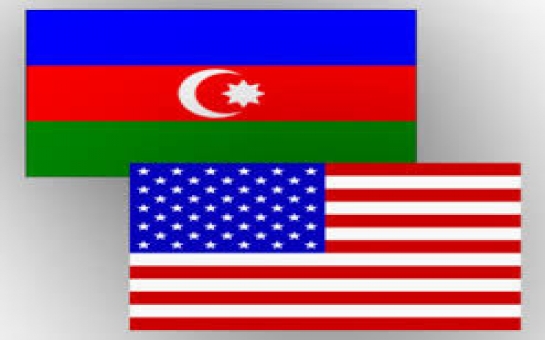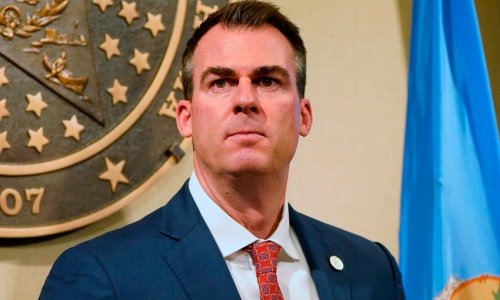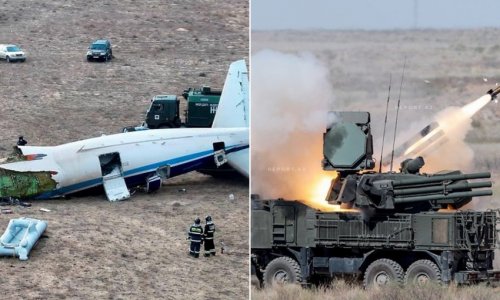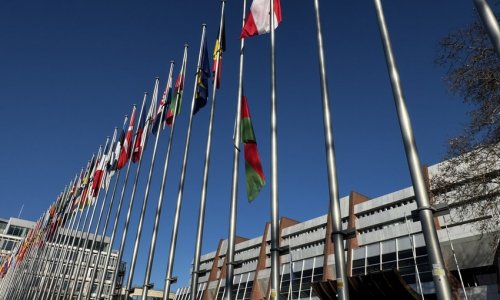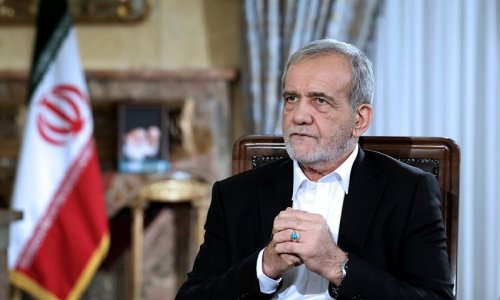By Nancy SoderbergThe US must take a stronger role in addressing three key challenges in Azerbaijan: energy development, with support for a new natural gas pipeline to Europe; democratic reforms, especially those that ensure free speech; and peace with Armenia over the disputed Nagorno-Karabakh region.Oil and natural gas often drive world politics, for better and for worse. Such is the case today with natural gas in a little-watched nation, Azerbaijan. This former Soviet Republic is still in a transition to democracy – and what happens there matters very much to US interests, particularly when it comes to Russia. The United States must take a stronger role in addressing three key challenges in Azerbaijan: energy development, democracy, and peace.Since the early 1990s, a key goal of the US has been to promote diversification of Europe’s natural gas supplies, especially developing an alternative to Russian natural gas. Today, a recently announced deal to develop a southern corridor of gas from the Caspian Sea region will do just that with the Trans-Anatolian Pipeline.The $100 billion deal is between the Azerbaijani state oil company SOCAR and a consortium of companies from other countries, including BP, Statoil, Lukoil, NICO, and TPAO. Over the next quarter century, it will unlock new reserves in the Shah Deniz field off the Azerbaijani coast and ship them through a massive network of three new pipelines to move gas through Georgia, Greece, and under the Adriatic Sea to Italy.In 2012, Russia accounted for 34 percent of European natural gas imports, and it may well surpass Norway next year as the lead supplier. Yet, that supply has repeatedly suffered cutoffs stemming from disagreements between Russia and its neighbors over the past decade. For instance, in 2009, Russian company Gazprom stopped natural gas supplies transiting Ukraine over payment disputes, disrupting supplies to 15 countries in Europe. Similar problems have occurred with Belarus, Georgia, Latvia, Lithuania, and Moldova.The new Azerbaijani pipeline will free much of Europe from the threat of unstable supplies dependent on Russia. This good news is the culmination of decades of hard work by US and European officials. Some had hoped the pipeline would have stretched further to Eastern Europe to further ease dependency on an increasingly autocratic Russia. Perhaps that’s to come.But Azerbaijan serves US strategic interests beyond energy diversification and supply. Bordered by both Iran and Russia, Azerbaijan is a reliable American ally that provides logistical support to our military commanders in Afghanistan, including important over-flight clearance that saves American lives. Azerbaijan provides more than 40 percent of Israel’s oil and provides a vital counterweight to rising Russian influence in the Caspian.Yet, Azerbaijan is an imperfect place. As the most recent elections demonstrated, its government needs to be more transparent, open, and inclusive, and it needs to take bolder steps toward democracy. As a close friend and ally of Azerbaijan, the US needs to push the country harder on democratic reforms, including support for the opposition’s access to media, the right to organize, and broader access to the country’s vast wealth of natural resources. But, without US support, Azerbaijan will be increasingly vulnerable to its powerful neighbors, Russia in particular.The US also must become more involved in trying to solve the festering crisis in Nagorno-Karabakh – the disputed region claimed by both Azerbaijan and Armenia – a conflict that threatens stability and US interests in the South Caucasus. This bitter dispute between Azerbaijan and neighboring Armenia dates from the collapse of the Soviet Union when ethnic Armenian forces took control of the area, along with considerable Azeri territory before a shaky peace took effect in 1994. Three thousand have died since that ceasefire. Azerbaijan insists that the region is part of its territory, a position shared by the United Nations. Armenia argues that the Armenian majority living in Nagorno-Karabakh has the right to self-determination and independence.Peace remains elusive as the two sides build up their weapons arsenal, preparing for more conflict. Displaced persons and refugees continue to flee the violence. The conflict not only threatens regional stability but threatens to pull in other players like Iran and Russia and destabilize the important flow of Azerbaijani gas, further undermining future economic stability in Europe.Only the United States has the trust of both sides to push for peace. The longer this issue goes unresolved, the more the region – and US interests – are at risk. If we can achieve peace, promote democracy, and further develop Azerbaijan’s vast oil reserves, Azerbaijanis, Europeans, and Americans will be safer and more prosperous.
Nancy Soderberg served as US Ambassador to the United Nations from 1997 to 2001 and deputy national security adviser in the Clinton White House from 1993 to 1997. She is a member of the Council on Foreign Relations.
ANN.Az

